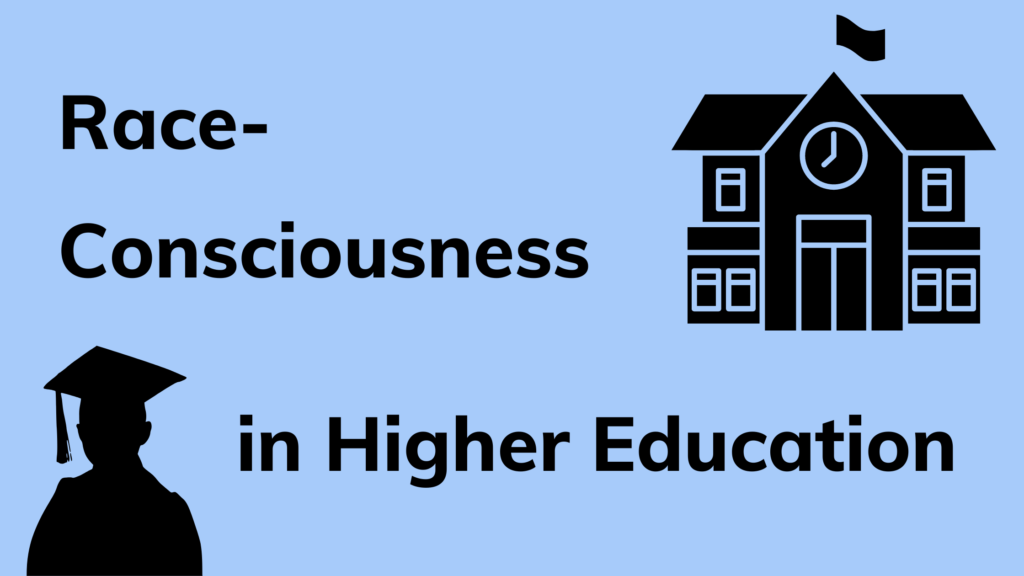My Perspective on Race-Consciousness in Higher Education

Written by Alan Royal
Many signs seem to indicate that the upcoming summer will see college admission offices forced to stop considering race in constructing their incoming classes. For the past two decades, what has been referred to as affirmative action in higher education has significantly contributed to diversifying some of the nation’s top universities; and many of its leading companies, foundations, board rooms, and government agencies as a result. Particularly for many Black people, the presence of racial representation in influential positions has promoted a sense of hope that the American promise of equality for its most oppressed group of citizens could one day become a reality. Consider the pride and inspiration felt by many Black communities after the election of the first Black president and selection of the first Black woman Supreme Court justice as examples of this.
It is also clear that the material benefits of affirmative action have not manifested for generations of Black people as a whole. Black Americans remain more likely to be denied access to equitable education opportunities and still encounter discrimination and persecution under our country’s social systems. This fact highlights the question of whether affirmative action is an effective strategy for its established goal, but there is ample evidence suggesting that to erase the practice without a viable substitute would be taking steps backward. Racial diversity and inclusivity certainly will not improve while ignoring race consciousness. Whatever solutions will support the greatest number of Black people in improving our conditions must account for the historical suffering and setbacks that have accumulated throughout our traumatic history.
In her majority opinion in Grutter v. Bollinger in 2003, Justice Sandra Day O’Connor predicted that by ruling in favor of strategic race-conscious practices, soon our society might no longer need to utilize such policies to establish a democracy that upholds the rich diversity we see reflected in our nation’s populace. That time has not yet arrived. More than 40% of U.S. universities today believe that consideration of race is vital to building the type of student bodies they want to attract to their campuses. Whatever their varying interests may be, there is a strong sense among many educational institutions that executing their missions requires that they respond to racial disparities.
Some who oppose affirmative action believe that discrimination is no longer a systemic obstacle and that racial preference is now the problem. The United States developed its booming economy through racial exploitation, and many believe that ignoring this fact somehow makes the consequences of it no longer relevant. The most looming challenge seems to be a refusal to understand and accept the truth of our circumstances, which makes development of an effective strategy for real progress impossible. The current reality is we do not yet live in a post-racial society.
Not only for colleges but also in the work of entities that award scholarships, the outcome of the Supreme Court’s session in June may have serious implications. During Black History Month, we will take a moment to celebrate what we have overcome, but the important work of continuing to push forward with perspectives that value race consciousness will produce a better future.
A note from the Cooke Foundation: From time to time, our Staff, Alumni, and Grantees may express their views on topics of import.